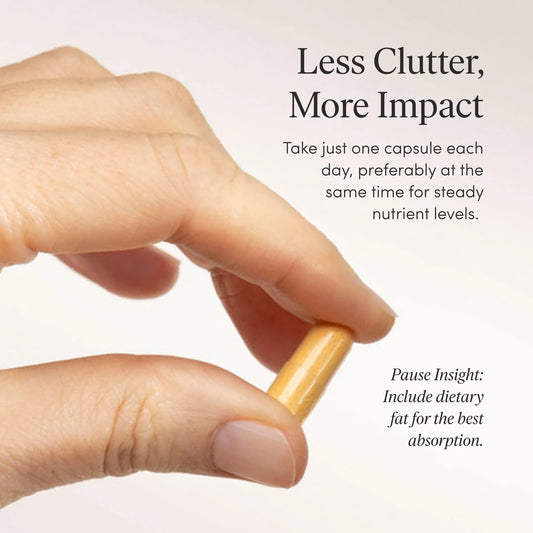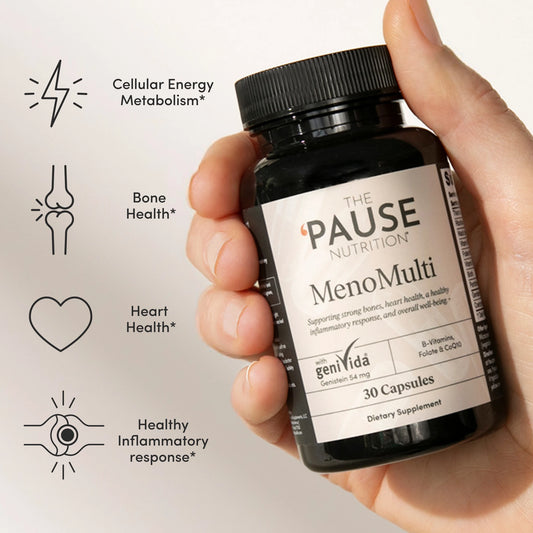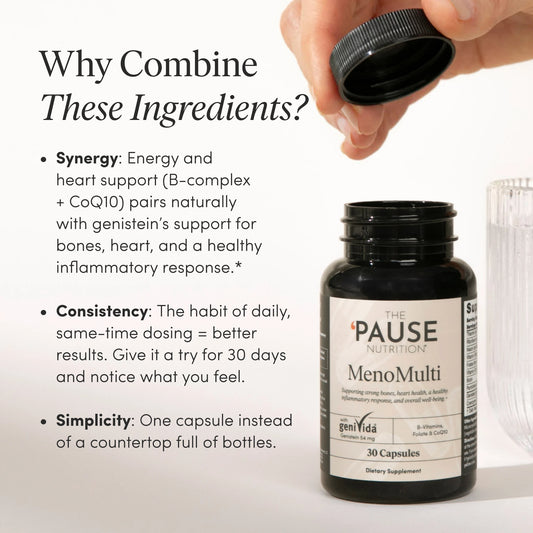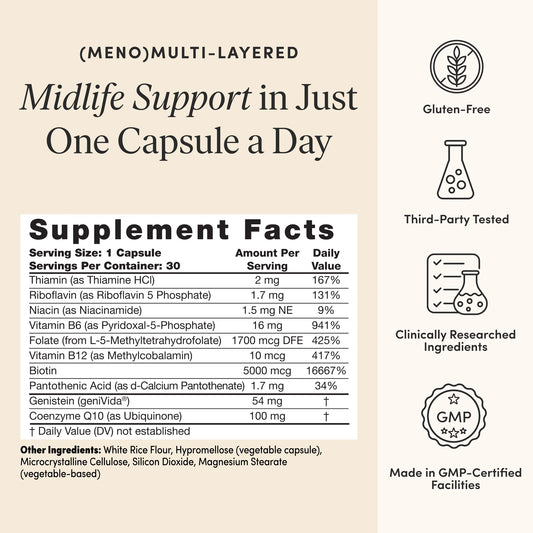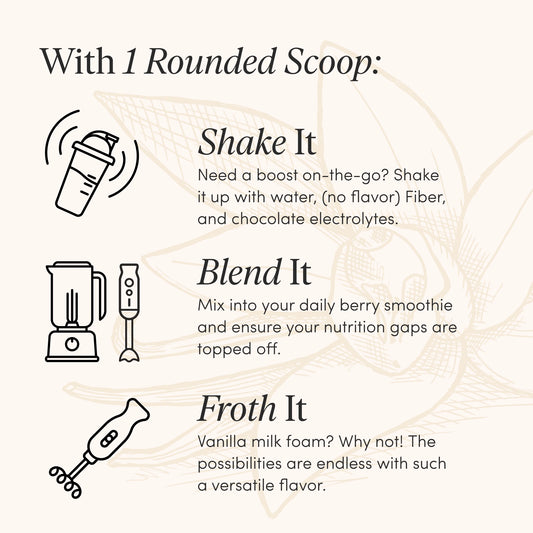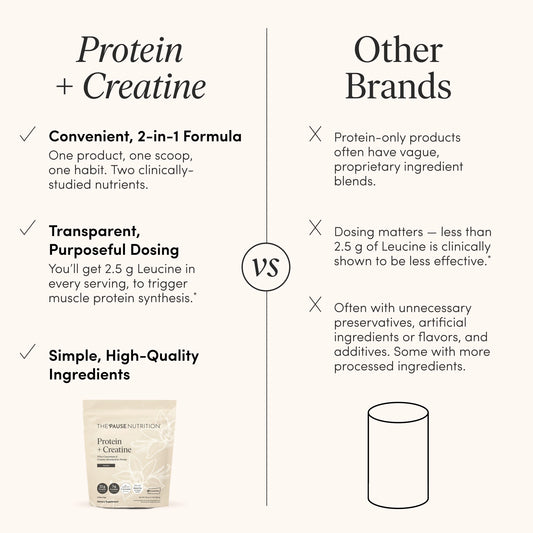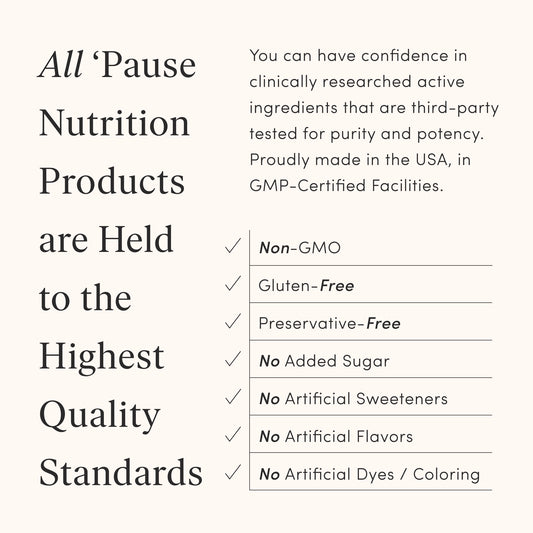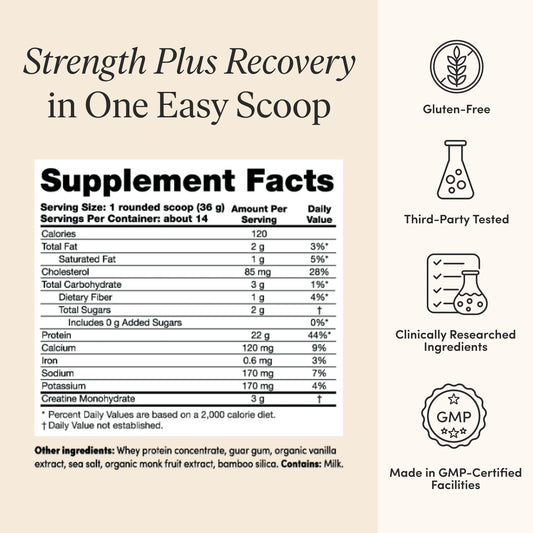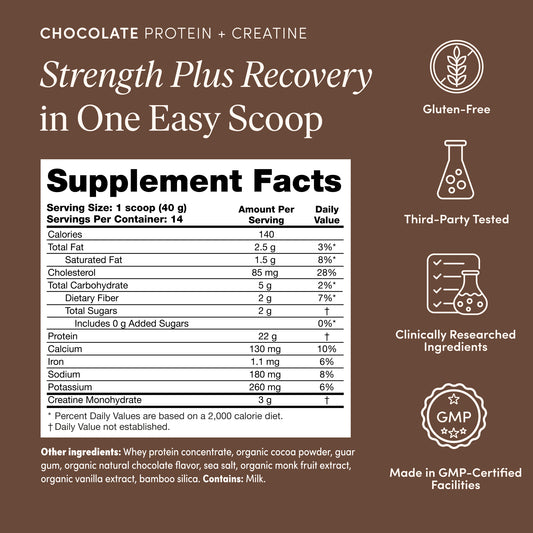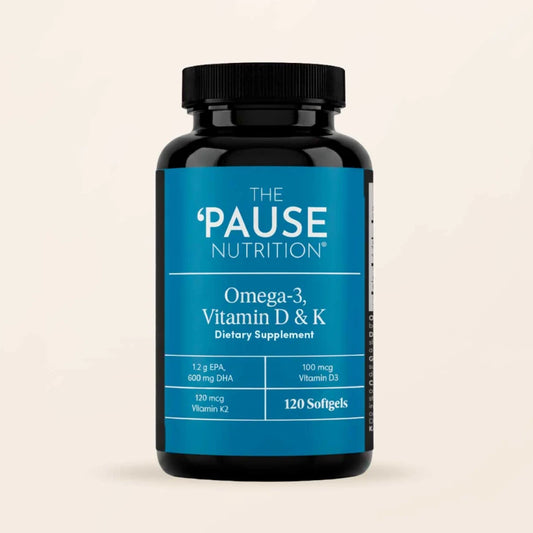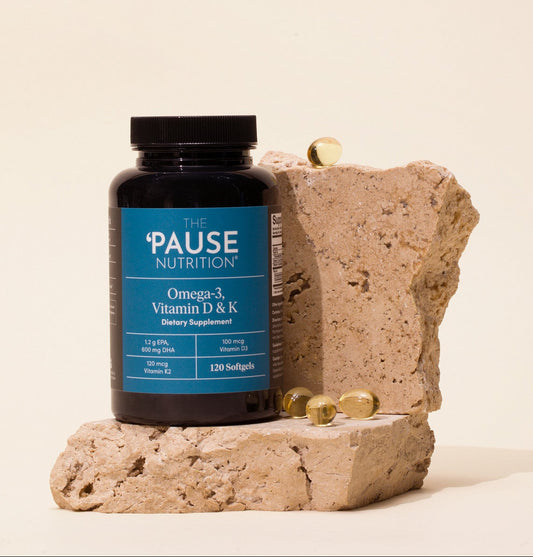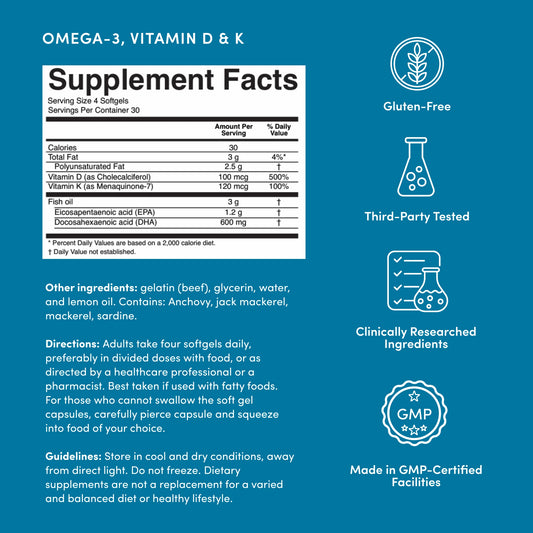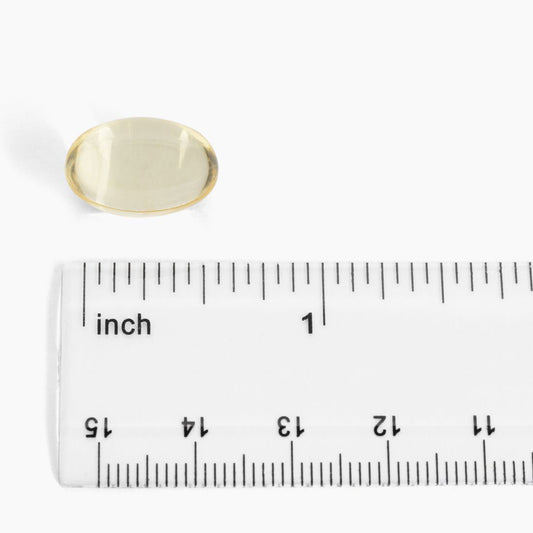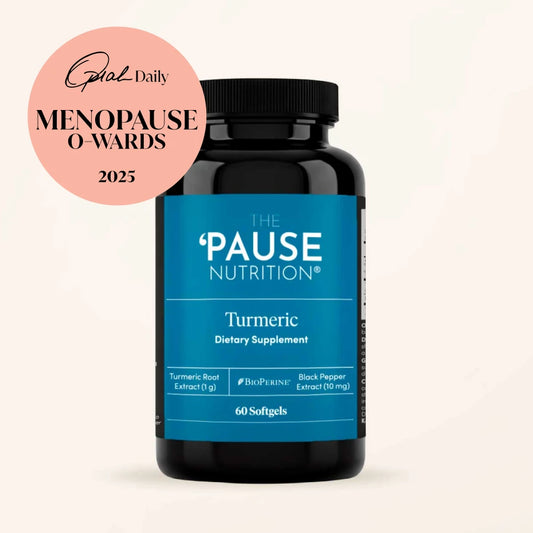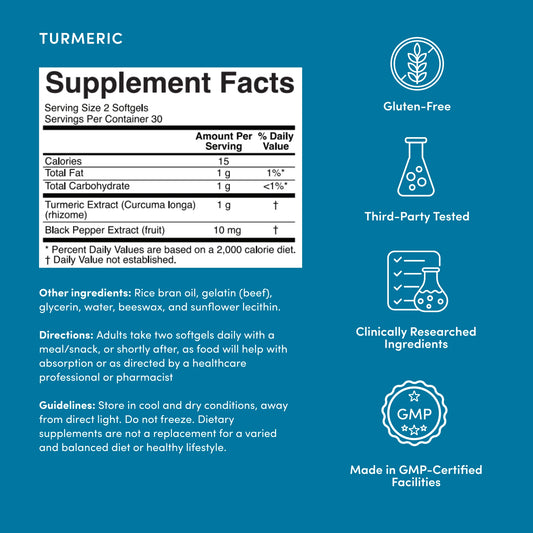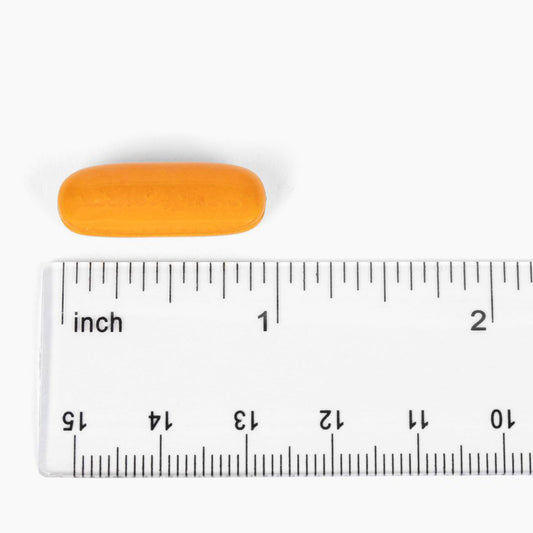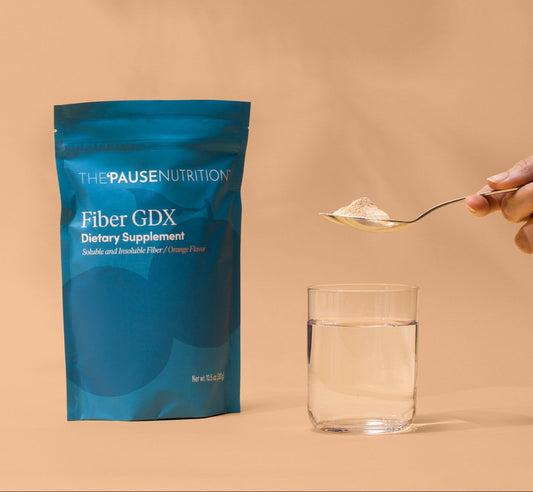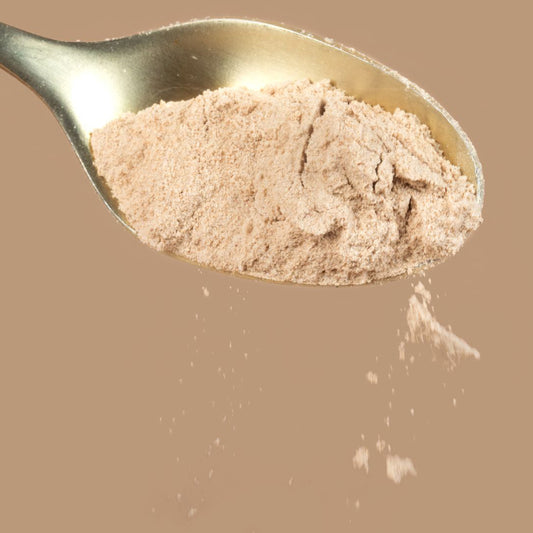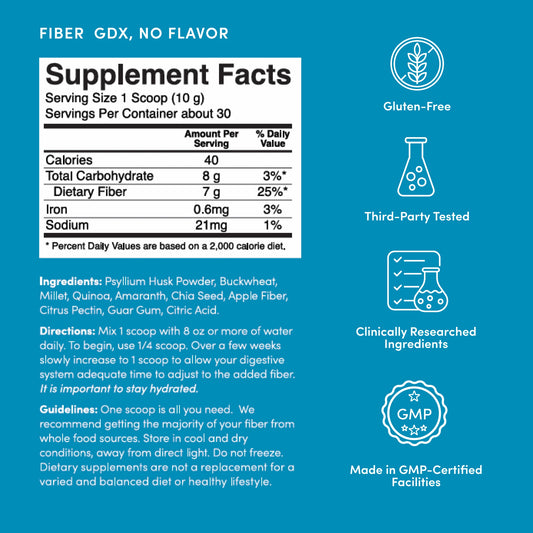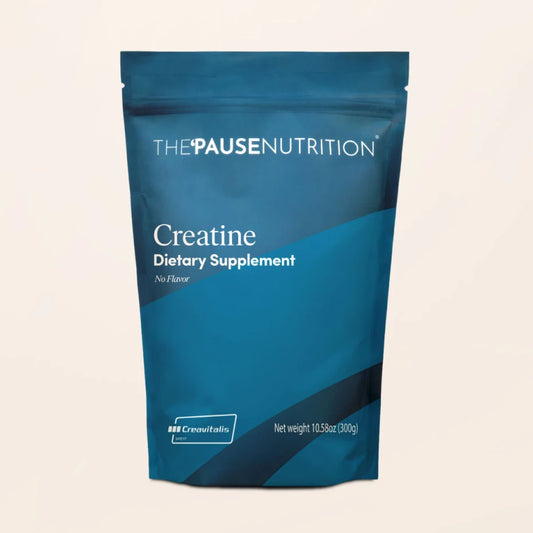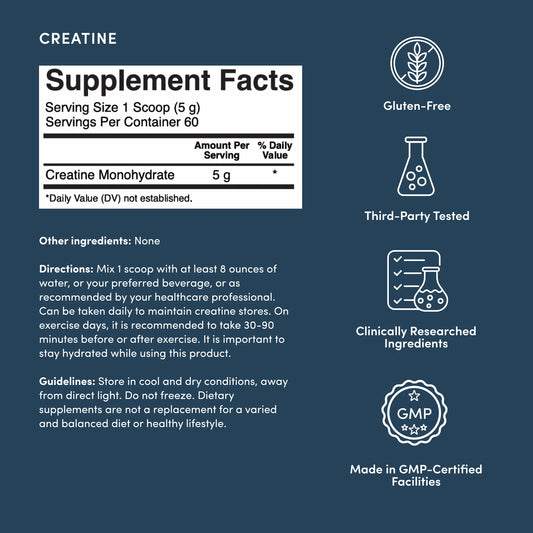Sleep, Hormones, and Health: What You Need to Know
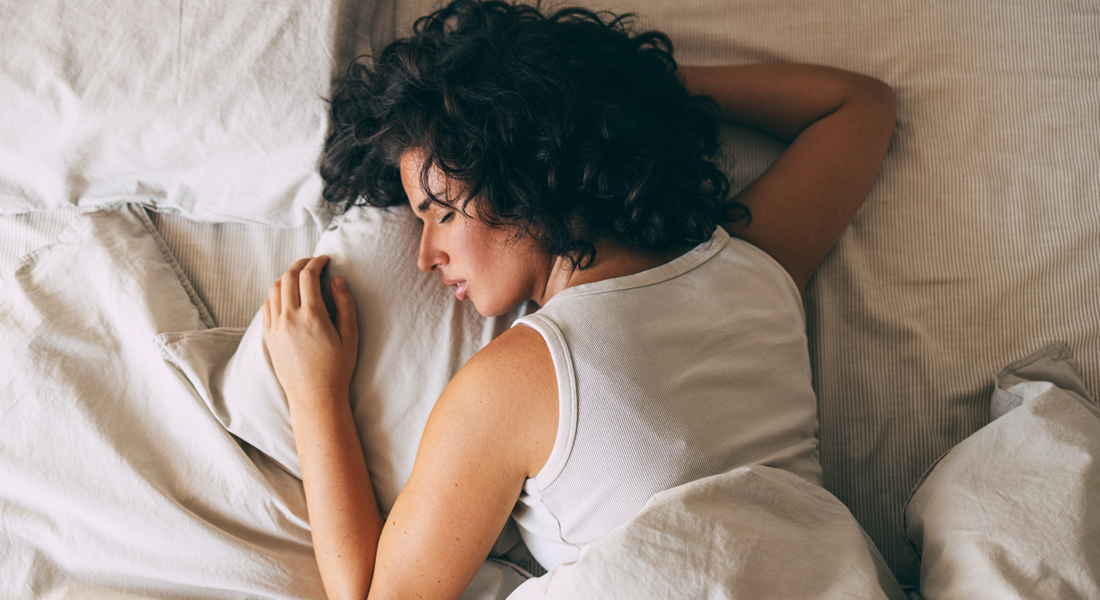
Share
If there's one thing most adults want more of, along with time and money, it's sleep. A 2025 Gallup poll finds Americans are averaging a record low of six and a half hours of sleep a night.1 And, while 57% of all Americans said they'd feel better if they could get more sleep, women reported feeling the effects of sleeplessness and stress the most.
The results of this poll aren't surprising to my friend and board-certified sleep medicine specialist, Andrea Matsumura, MD. She notes that as women, we always have a reason for why we're not getting enough sleep: PMS, pregnancy, a new baby, work issues, perimenopause or menopause. Whatever the reason, good quality sleep often remains elusive. She says (and I agree) "It's time for women to stop accepting bad sleep as an inevitable part of life and learn how to get the sleep they need to thrive".
So why does this lack of sleep matter so much and what can women do about it?
The amount and quality of our sleep affects nearly every system and process in our body, either directly or indirectly. Here are just a few of the ways that getting enough sleep helps to maintain our overall health:
-
Brain health and cognition
While you're sleeping, your brain performs essential cleaning and rejuvenation - locking in memories, clearing out waste, and engaging in repair. We need adequate sleep to learn and think clearly. When researchers had test subjects complete working memory tasks after sleeping their typical seven to nine hours, they were able to improve their scores with practice.2 But, when the same subjects took the test after getting 90 minutes less sleep per night over the course of six weeks, they couldn't improve their test scores. -
Healthy immune response
Sleep helps our immune system stay balanced so it can effectively respond to pathogens and infections. Once a threat is eliminated, the immune system is regulated in order to prevent excessive inflammation. When we don't get enough sleep, our immune system may stay on high alert, triggering chronic inflammation that may raise the risk of chronic diseases including cardiovascular disease.3 -
Mood regulation
You know how cranky toddlers can be after missing a nap? Well, the same is true for adults. When we get adequate sleep, it's easier to stay on an even keel emotionally, and feel more positive. Studies have found that when people get less than seven hours of sleep per night, they have muted responses to positive events and more intense negative emotional reactions. 4 -
Fewer cravings
Getting adequate sleep makes it easier for you to stick to your healthy eating plan and resist temptation. When Australian researchers wanted to see how sleep affects those trying to lose weight, they compared test subjects who just followed a diet and exercise program to others who also practiced better sleep hygiene (cutting caffeine, having a consistent bedtime etc). The results indicated that those who improved their sleep ate fewer calories and chose better foods like fruit, protein and nutrient dense foods over salty, fried and baked junk foods.5
A different study showed that the opposite was also true: when people slept five and a half hours a night for three weeks, they ate more high-carbohydrate snacks.6
How does sleep deprivation affect our hormones?
Missing sleep disrupts the balance between the hunger hormone ghrelin and the satiety hormone leptin, making us more likely to overeat, as discussed above. But the hormone most affected by sleep loss is cortisol—our primary stress hormone. Cortisol regulates metabolism, blood pressure and immune response; it also helps us feel awake and alert after a solid night of sleep. When we are sleep deprived, cortisol levels can rise and fall at the wrong times, leaving us sleepy in the morning and wide awake at bedtime.
- Chronic sleep problems due to insomnia and night sweats are linked to elevated cortisol levels. 7
- Cortisol levels were found to be greater in workers who slept during the day (night shift workers) rather than at night (day shift workers) in a review of 28 research studies on shift workers.7
- Insomnia, a sleep disorder characterized by difficulties sleeping, can lead to a rise in cortisol levels in the bloodstream, influencing your daily hormone cycles, energy levels, and other aspects of your health.
Prioritizing sleep may be an effective method to lower cortisol levels and while you may not have complete control over your sleep schedule, there are things you can do to improve your sleep:
How to Get Better Sleep
Hormone Therapy
Many perimenopausal and menopausal women are surprised to learn that hormone therapy (HT) may be one of the best ways of improving sleep. Combined hormone therapy, which includes both estradiol and progesterone, can help in a few ways: estradiol can help prevent sleep-disrupting night sweats and may also help to optimize your stress response, thus modulating cortisol levels.8 Progesterone supports brain chemicals that slow down brain activity, making you feel more calm and relaxed. When taken at bedtime, this can aid in calming the mind for improved sleep.
In fact, following studies that low dose estradiol and progesterone may help to resolve insomnia, the Menopause Society’s latest treatment guidelines state that hormone therapy is an effective way of improving sleep quality. Your clinician can help you to assess the risks and benefits of hormone therapy for you.
Dr. Matsumura offers a free sleep archetype quiz that may help you pinpoint why you’re having trouble sleeping. Here, she also shares the following recommendations to help you get more sleep:
Create A Sleep Ritual
Most of us created a bedtime ritual for our children when they were young. My daughters’ bedtime routine included a bath and reading a story together before bedtime. We should be doing something similar for ourselves as adults.
A consistent nighttime ritual (e.g., showering, reading a book, etc.) will signal your brain and body to begin slowing down for the night. Once you start your Sleep Ritual, use white noise, earplugs, or silence your cell phone to reduce disruptions. Even better, place your cell phone in another room to avoid temptation. Dr. Matsumura also recommends meditation or relaxation exercises to help you wind down for bed. I personally like the Headspace or Calm app.
My nighttime routine always includes taking Pause Sleep and micronized progesterone about an hour before bedtime to help me relax and get a good night's sleep. (Comfy pajamas helps too!)
Focus On Your Surroundings
At night, limit your exposure to bright light. Use lamps instead of brighter overhead lights. Reduce your exposure to bright and blue light from electronics 45–60 minutes before bedtime. Try reading a book or listening to a podcast instead of reading from your phone in bed. If you're a dedicated e-reader, use an app to lower screen brightness, a pink filter or blue-blocking glasses.
Stick To A Sleep Schedule
Make a plan before your week gets busy. Look over your schedule and put together a sleep schedule that you can stick to. Go to bed and wake up at close to the same time each day. The optimal bedtime window for most adults is between 10 and 11 pm.9 If you need to adjust your bedtime, shift it by 15 to 30 minutes each night until it's where you want it. Dr. Matsumura advises that a gradual change is better than an abrupt one.
One of the most effective techniques to improve sleep is to keep a regular sleep pattern. How many hours do you need? According to the Mayo Clinic, the optimal amount of sleep for most adults is seven to nine hours each night.10
Rise, Shine, And Exercise
Regular exercise first thing in the morning can help you sleep better. An early walk outdoors without sunglasses contributes to a healthy circadian rhythm and sets you up for better sleep that night.11 If your lifestyle doesn’t support morning exercise, try to fit it in at least 2–3 hours before you plan to go to bed.
Become A Napper
Take a short nap when you can. If you work shifts and don’t get enough sleep, napping can help you stay awake and avoid a sleep deficit. Your nap should only last 15 to 30 minutes to avoid interrupting your sleep schedule later that night.12
Avoid Caffeine, Alcohol, And Nicotine
Caffeine-containing foods and beverages, nicotine products, and alcoholic beverages should be avoided 6 hours before bedtime. All three substances have the potential to impact the quality and length of your sleep.
Good sleep will help you to reduce stress, curb hunger cravings and slow down early signs of aging. Make a plan to improve your sleep routine—and have a little fun with it. Treat yourself to new sleepwear or some cozy, high-quality sheets. Whatever helps you create a restful environment, do it. Prioritize rest as a daily investment in your long-term health. Try sticking to your new sleep routine for just seven days, then check in with yourself. Notice the effort you’ve made—and more importantly, how it makes you feel.
Sweet Dreams!!
References
- https://news.gallup.com/poll/642704/americans-sleeping-less-stressed.aspx
- https://pubmed.ncbi.nlm.nih.gov/38233280/
- https://pmc.ncbi.nlm.nih.gov/articles/PMC8602722/
- https://www.sciencedirect.com/science/article/abs/pii/S1087079210000031
- https://pmc.ncbi.nlm.nih.gov/articles/PMC8308779/
- https://pmc.ncbi.nlm.nih.gov/articles/PMC4688585/
- https://pmc.ncbi.nlm.nih.gov/articles/PMC9210564/
- https://pmc.ncbi.nlm.nih.gov/articles/PMC9673602/
- https://www.ahajournals.org/doi/full/10.1161/JAHA.123.034165
- https://newsnetwork.mayoclinic.org/discussion/mayo-clinic-minute-are-you-getting-enough-sleep-for-your-best-heart-health
- https://longevity.stanford.edu/lifestyle/2023/08/17/more-sunlight-exposure-may-improve-sleep/
- https://www.mayoclinichealthsystem.org/hometown-health/speaking-of-health/how-to-get-the-most-out-of-napping
This article contains affiliate links.


















